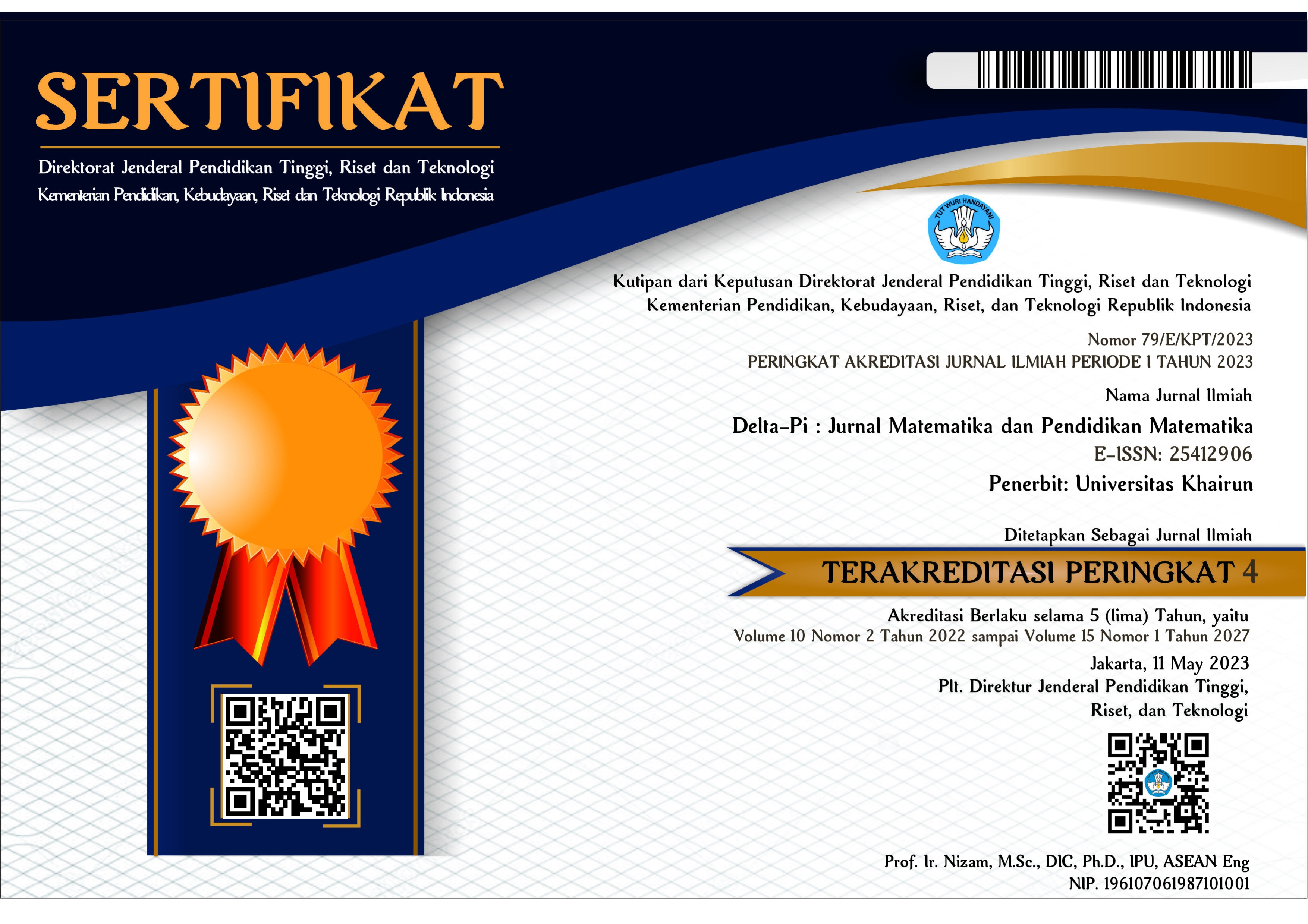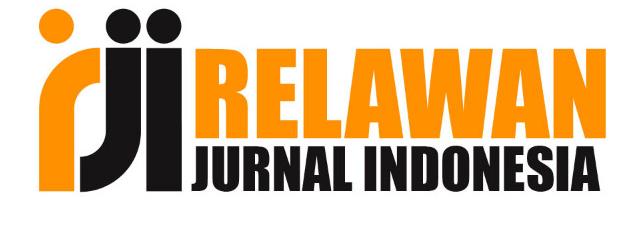EKSPERIMENTASI PENDEKATAN PEMBELAJARAN RECIPROCAL TEACHING DENGAN PROBLEM SOLVING PADA MATERI STRUKTUR ALJABAR II DITINJAU DARI KREATIVITAS
Sari
This research aims at revealing:(1) which one results better learning achievement on the subject of circle among Reciprocal Teaching with Problem solving, Reciprocal Teaching, and conventional approach; (2) which one has better mathematics learning achievement among students with high, average, or low creativity; (3) at each of creativity levels (high, average, and low), which one results better learning achievement on the subject of circle among Reciprocal Teaching with Problem Solving, Reciprocal Teaching, and conventional apprroach; (4) at each of teaching approaches (Reciprocal Teaching with Problem Solving, Reciprocal Teaching, and conventional approach), which group of students has better learning achievement among groups with high, average, or low creativity. This research was quasi-experimental research which employs 3 x 3 factorial design. The population of this research was all of the eleventh grade students of Khairun University in Ternate. The sampling technique used was stratified cluster random sampling. There were 112 students selected as the sample of this research. Based on the research findings, it can be concluded that: (1) students taught by Reciprocal Teaching with Problem Solving have better mathematics learning achievement than those taught by Reciprocal Teaching, students taught by Reciprocal Teaching have better mathematics learning achievement than those taught by conventional approach, and students taught by Reciprocal Teaching have better mathematics learning achievement than those taught by conventional teaching; (2) students with high, average, and low creativity have the same mathematics learning achievement; (3) at each of creativity levels (high, average, and low), Reciprocal Teaching with Problem Solving results better mathematics learning achievement than Reciprocal Teaching and conventional approach do, and Reciprocal Teaching results better mathematics learning achievement than conventional approach does; (4) at each of teaching approaches (Reciprocal Teaching with Problem Solving, Reciprocal Teaching, and conventional approach), students with high, average, and low creativity have the same mathematics learning achievement.
Teks Lengkap:
PDFDOI: https://doi.org/10.33387/dpi.v3i1.124
Refbacks
- Saat ini tidak ada refbacks.
Delta-Pi: Jurnal Matematika dan Pendidikan Matematika © 2024 is licensed under CC BY 4.0
















